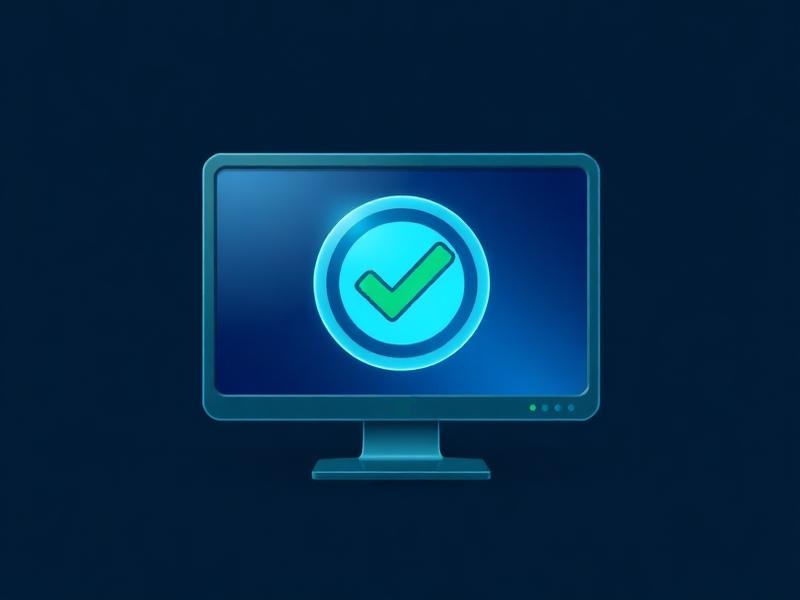HP laptop slow boot - causes, fixes, and prevention
Overview - what this guide covers
Start with easy steps, then use the scan for deeper checks like drivers, startup load, temperature, and disk health.
Symptoms you might see
- boot over 90 seconds; apps slow to appear
Windows logo sits for long, desktop loads slowly, disk usage 100 percent on startup
Manual fixes - step by step
- disable startup apps; check Windows Update; toggle Fast Startup; check disk health
Disable non essential startup items, install pending updates, try turning Fast Startup off, run chkdsk and SMART check for drive issues
Prevention - keep the issue from coming back
Keep startup lean, avoid too many background updaters, periodically clean temp files
How PC-Care.ai helps
Free PC scan checks startup load, drivers, thermal throttling, disk health and extensions
Simple report with prioritized actions and a performance score
Run Free AI ScanFAQ
- Why is my HP Laptop showing slow boot
- Common culprits include background apps, driver issues, and heat. The free scan ranks the likely causes on your device.
- Is the scan safe for my files
- Yes. It reads performance signals only and does not access or delete personal files.
- What should I try first
- Disable heavy startup apps, update GPU and chipset drivers, and clean temp files. Then run the scan to validate improvements.
- Do I need new hardware for slow boot
- Usually no. If temperatures or memory use stay high at idle, consider re paste or adding RAM.
- How long do these fixes take
- Most steps take 5 to 10 minutes. The scan usually completes within a few minutes.
- Can I prevent this from coming back
- Keep drivers updated, limit startup items, clean dust, and schedule periodic scans.
References - further reading
- PCare knowledge base; Microsoft and vendor driver pages
